Almost 25 years after its original release, The Legend of Zelda: Majora's Mask remains an anomaly in the Zelda franchise. Unlike the Zelda entries that came before, Majora's Mask chose to focus on darker themes and a mature tone that fans of the series would not have been accustomed to. While this distinction has sometimes made Majora's Mask a black sheep in the franchise, this unique approach is precisely why the game remains such a beloved entry.
At first glance, it's hard to tell how Majora's Mask sets itself apart. As a sequel to Ocarina of Time, the development team reused the same engine and many character assets to facilitate a tight turnaround. It would be easy to assume Majora's Mask would be a simple follow-up to Ocarina of Time, yet it's deceptive in that way. Playing the game is a whole different story, as Majora's Mask readily commits to creating a darker, more somber experience that no other Zelda game has replicated since.
The Story Of Majora's Mask Is Truly Harrowing
Link's Not In Hyrule Anymore
Majora's Mask is invested in telling a harrowing, tragic tale, so much so the game alters the structure that previous Zelda entries had standardized. Rather than having the usual bevy of dungeons for Link to fight his way through, the world of Termina only contains four. The main story and progression of the game are shortened to encourage the player to spend more time in the carefully constructed Clock Town, a cunning way to put the focus on the horrors taking place in this world.
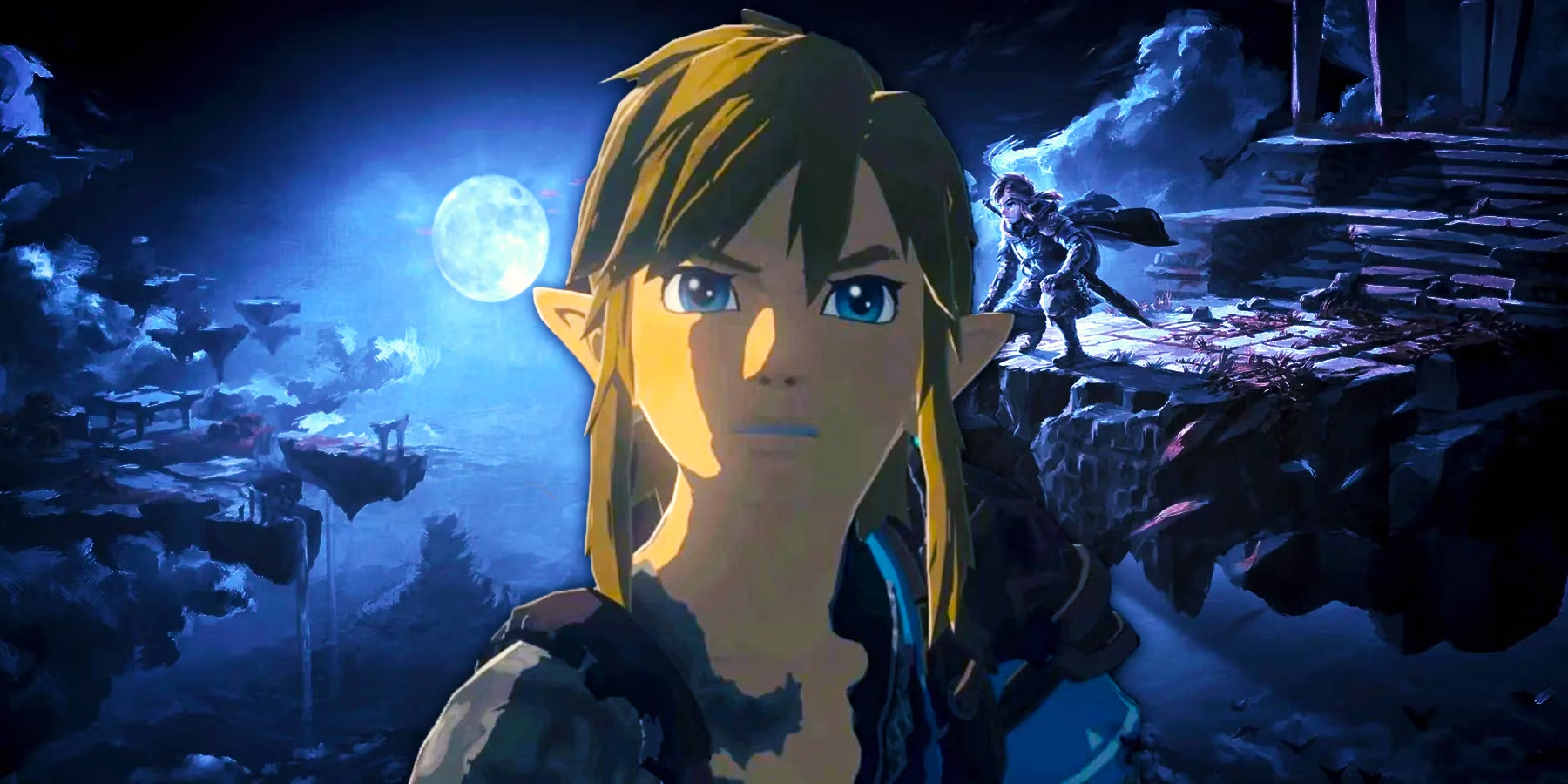
Related
The Legend Of Zelda's Most Mysterious Enemies Are Actually Real-Life Aliens
There are many strange enemies in The Legend of Zelda, but perhaps the most mysterious of all have their roots in an actual alien encounter.
Link stands at the center of a town divided over its impending doom: a moon set to crash in merely three days' time. On top of the threat to the town as a whole, many citizens face their own personal dilemmas. Whether it's an innkeeper looking for her fiancé or a young girl protecting cows from an onslaught of ghosts, Link's ability to resolve these issues never changes their inevitable fate. Majora's Mask sticks the player in purgatory, forced to witness a world at the end of existence.
This is made more harrowing in Termina's final hours, as reactions from Clock Town's citizens range from denial to fear in one of the Zelda franchise's most chilling moments. Majora's Mask makes a feeling of hopelessness and despair prevalent in a way that feels alien to the Zelda franchise as a whole. Although every Zelda game features some looming threat, the series had never before presented such an ominous fate while simultaneously rendering the player powerless to stop it for the majority of the game.
Majora's Mask's Gameplay Requires A New Level Of Strategy
It Only Adds To Majora's Mask's Unique Approach
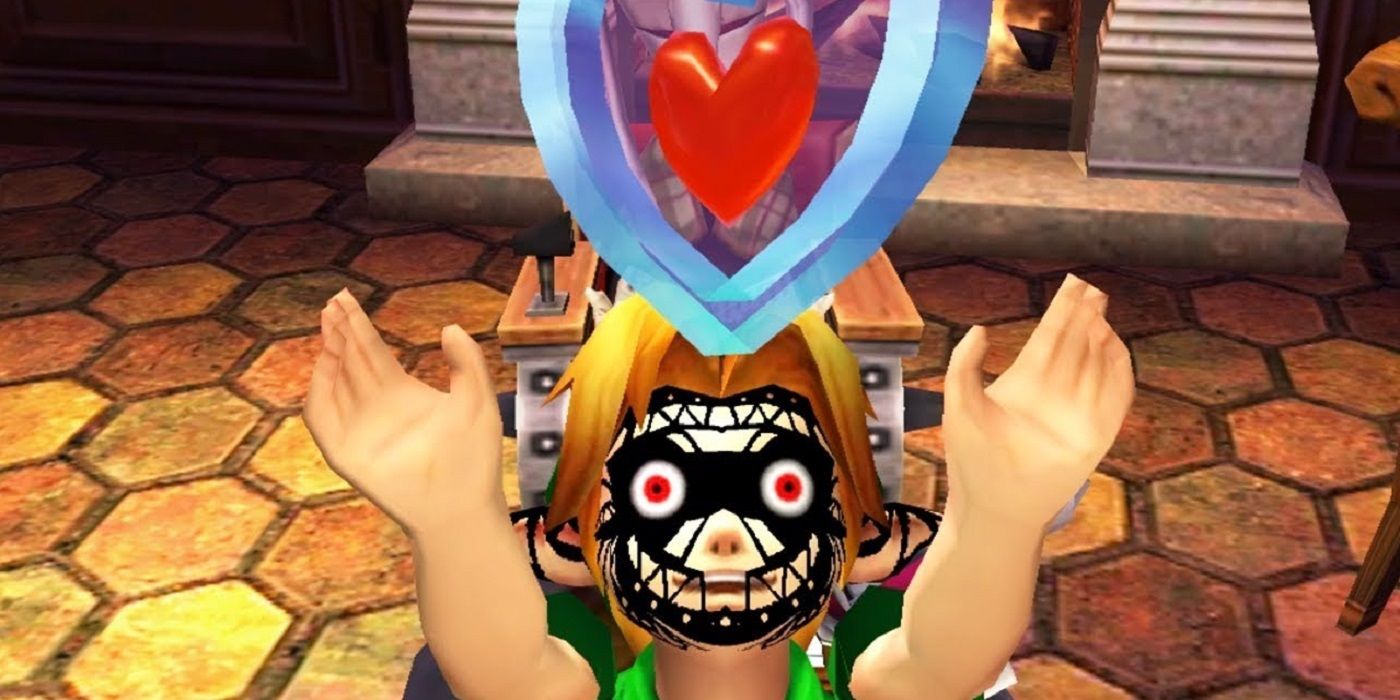
Aside from the narrative, the gameplay of Majora's Mask sets the game apart from other Zelda entries due to the level of strategy that it adds. The implementation of the three-day cycle restricts the player in how much they can accomplish before the moon destroys all of Termina. Combined with the specific schedules of multiple NPCs, the cycle forces the player to plan the most optimal path forward. The added level of time management creates a sense of panic and dread, reflecting the dire situation the citizens of Clock Town find themselves in.
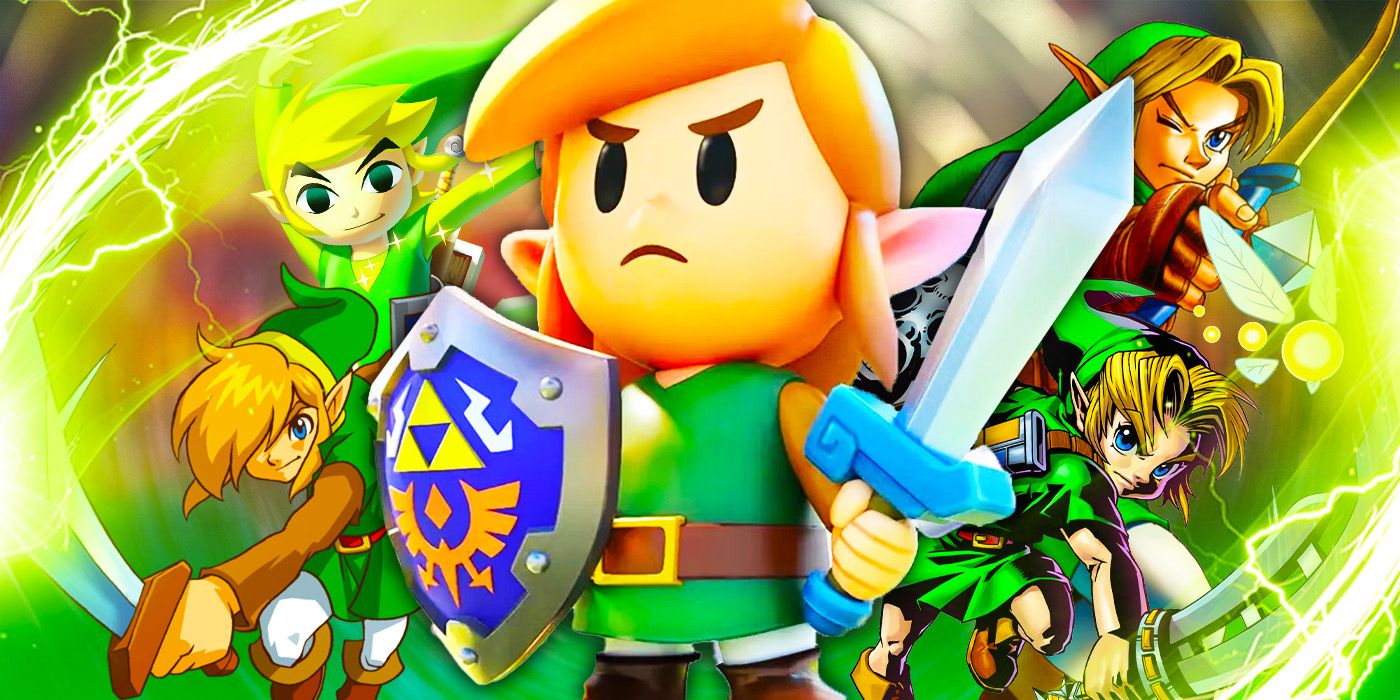
Related
Echoes Of Wisdom Might Explain A Big Connection To This Classic Zelda Game
Zelda games can be connected in unexpected ways, and Echoes of Wisdom offers a possible explanation to a decades old mystery in a classic game.
The implementation of masks adds more variety to the gameplay of Majora's Mask, especially when it comes to transformative options. Whether he becomes a small, defenseless Deku, or a large, barreling Goron, each transformative mask completely changes Link's moveset and abilities. Players are not only asked to adapt to multiple movesets, but they're also encouraged to master each mask if they want a chance at finding all of Termina's secrets and treasures. It's a welcome shake-up to the Zelda series' usual item progression formula, and it continues to separate Majora's Mask from the rest of the franchise.
Majora's Mask can be played on the Nintendo Switch with a Nintendo Switch Online + Expansion Pack membership.
Moreover, the masks add to the elements of horror spread across Majora's Mask. Link's scream of pain when he puts on one of the masks is unsettling, and that single moment makes it clear to the player how unnatural these transformations are. It's a far cry from the joyous energy of finding treasure and equipping new items in most Zelda games, adding to the rich, dark atmosphere that Majora's Mask thrives on.
No Other Zelda Game Has Been Like Majora's Mask
Majora's Mask Is Unique In The Franchise
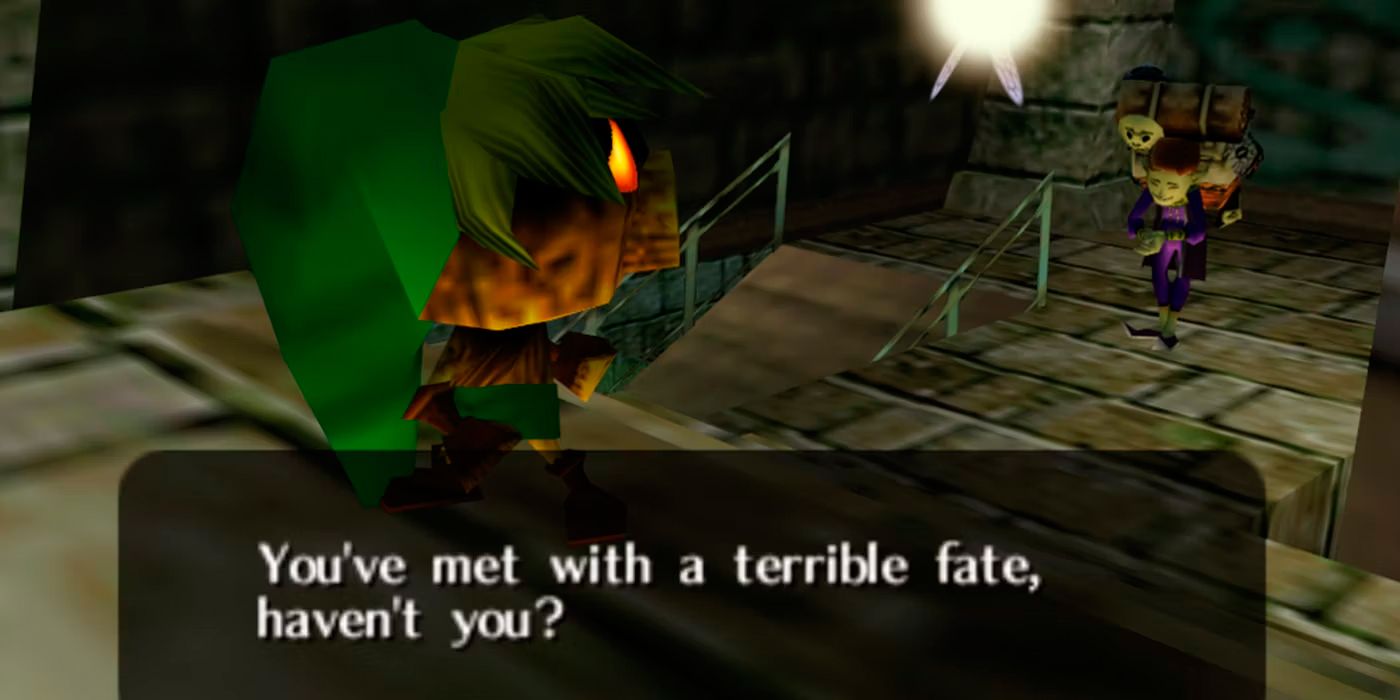
Although other games have their moments, Majora's Mask easily succeeds in becoming the darkest entry in the Zelda franchise. Throughout the entire game, the player can never escape the impending doom that will affect everyone in Termina. Yet, beneath all the doom and gloom, there's always a glimpse of the optimism that's core to the Zelda franchise. Whether reuniting the engaged couple, helping a discouraged performer, or resolving the issues plaguing each region surrounding Clock Town, there's always a small sliver of hope for the player to latch onto.
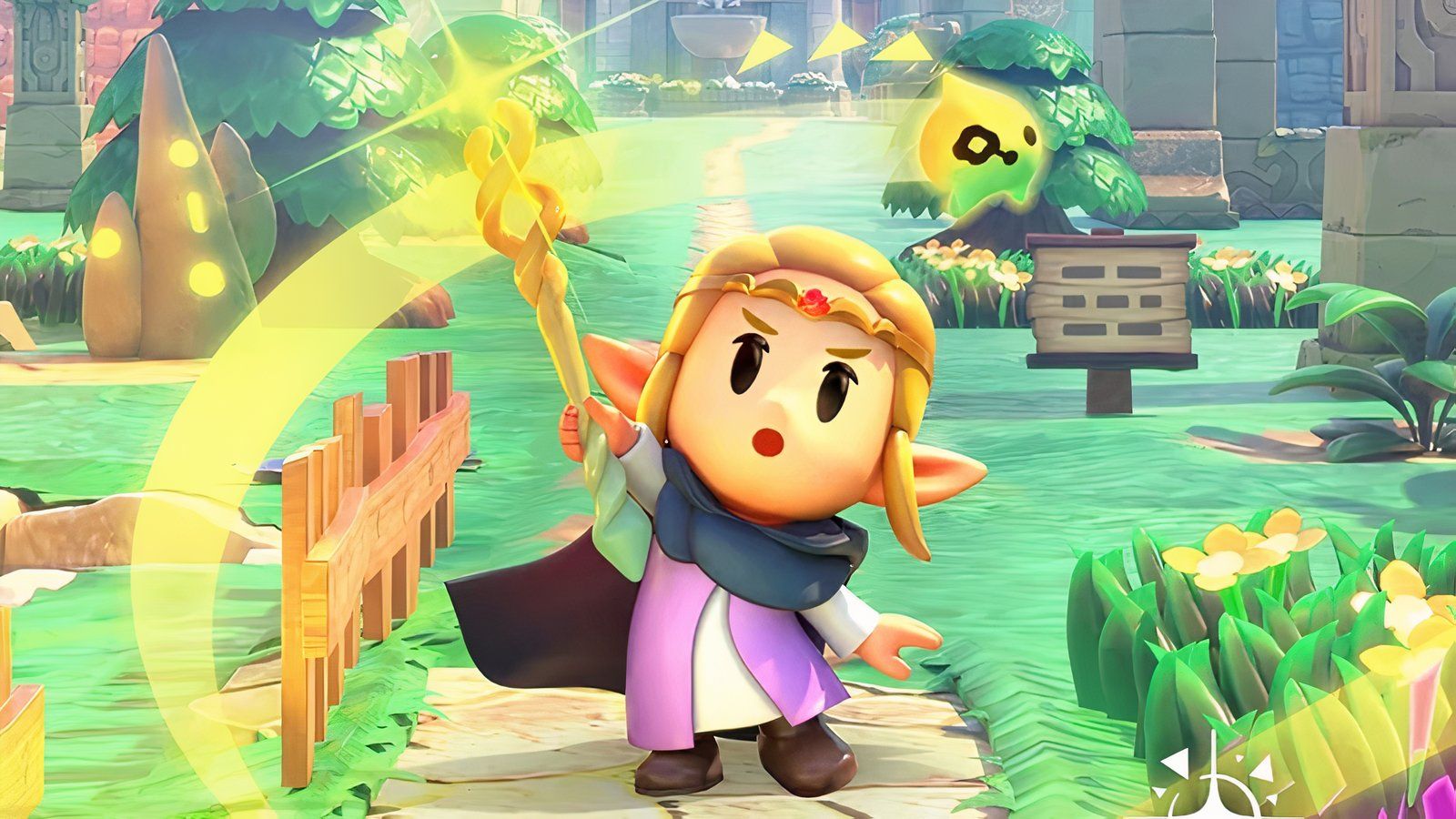
Related
Early Echoes Of Wisdom Mechanic Nearly Revolutionized Zelda Dungeons
An interview with the developers of Echoes of Wisdom has revealed that early versions of the game's dungeons almost took a very different approach.
Majora's Mask is a Zelda game that does things its own way. Through the game's darker themes and mature tone, the player is constantly forced to reckon with the very real threat watching over Link and witness firsthand the horrific consequences in store for the people of Termina. Such a harrowing experience makes the player's perseverance through it all the more special. The Legend of Zelda: Majora's Mask proves there's some light in the darkness, making it a special entry in the Zelda franchise that hasn't been replicated since.
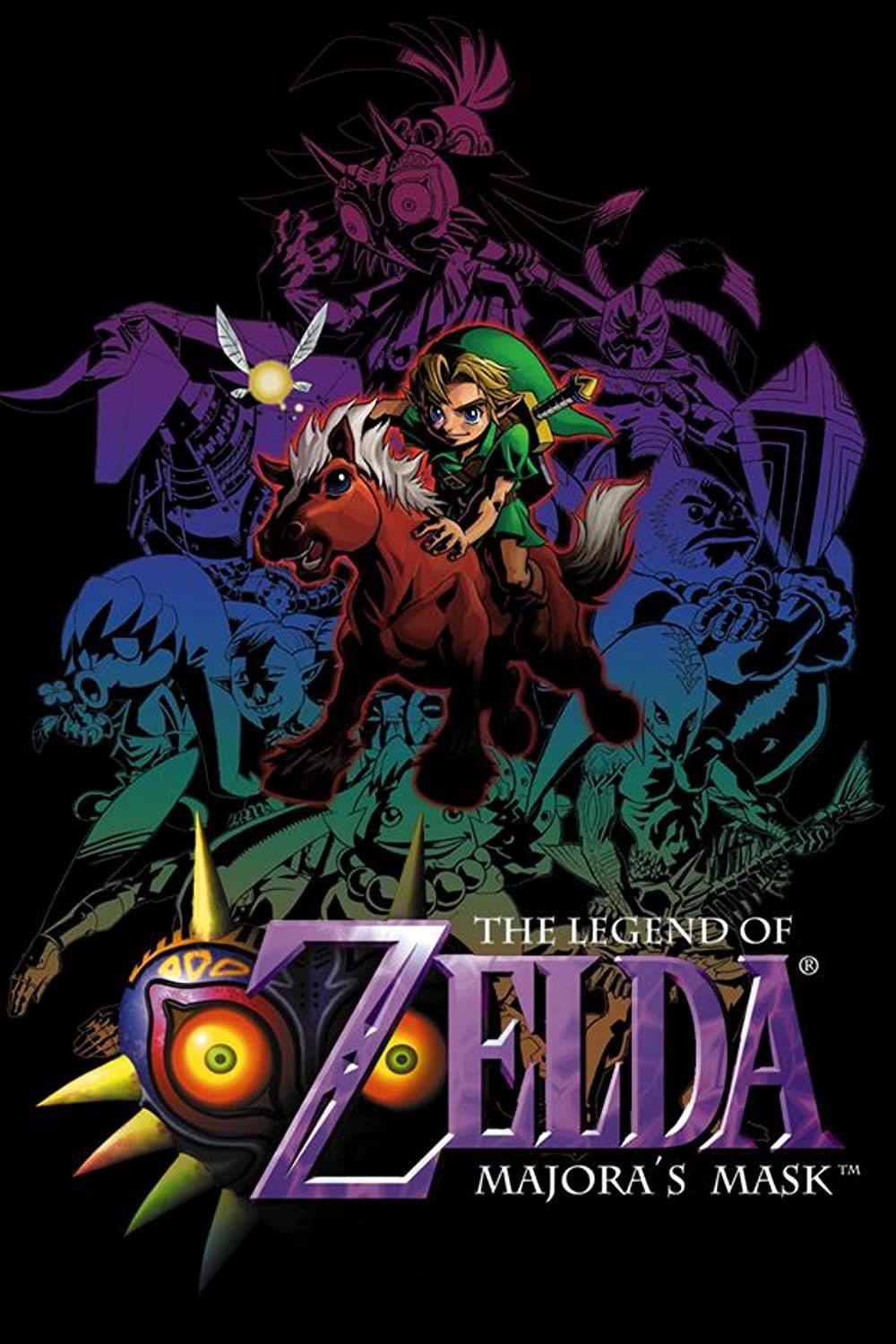
Released October 26, 2000
Publisher(s) Nintendo

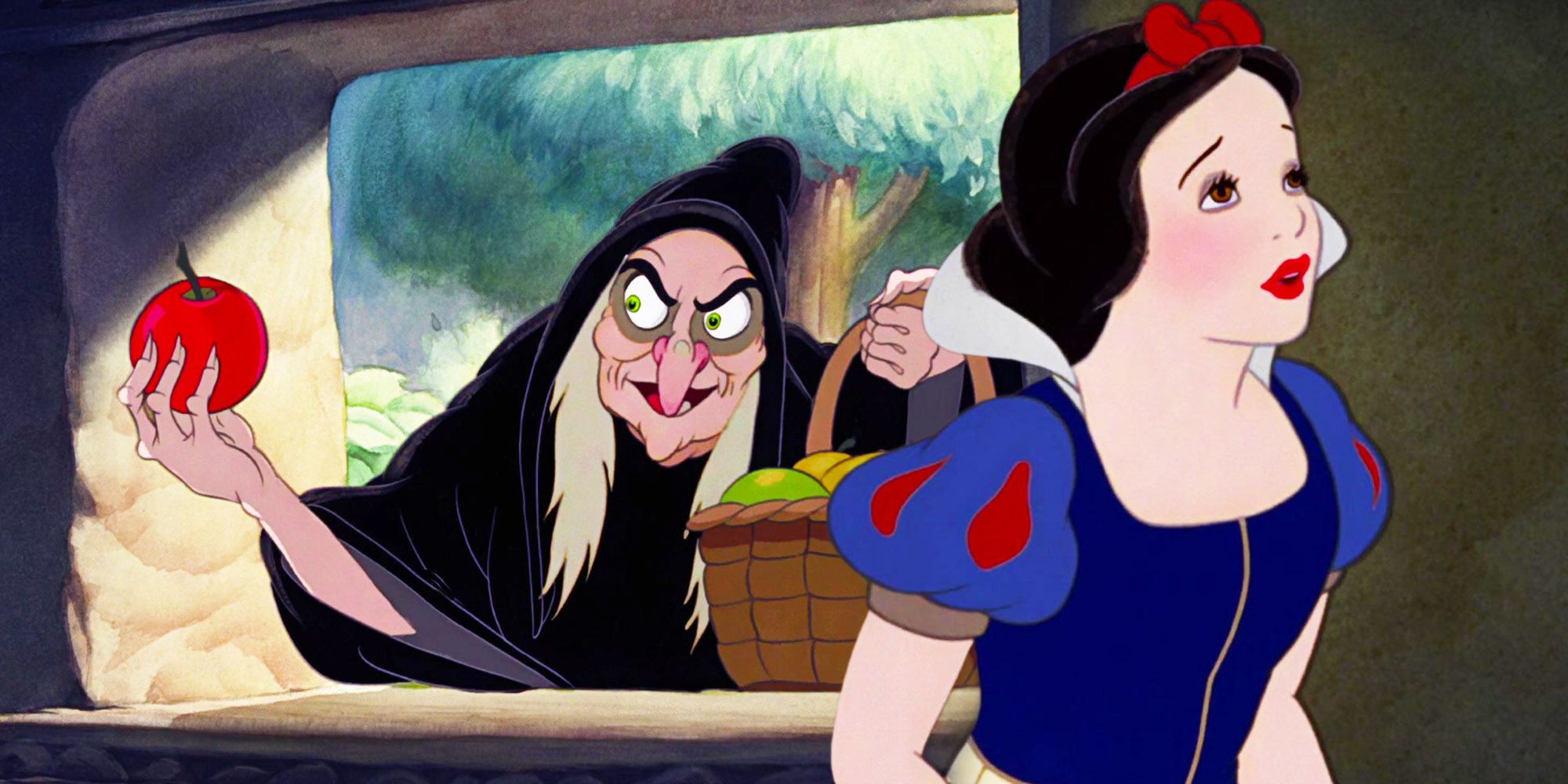
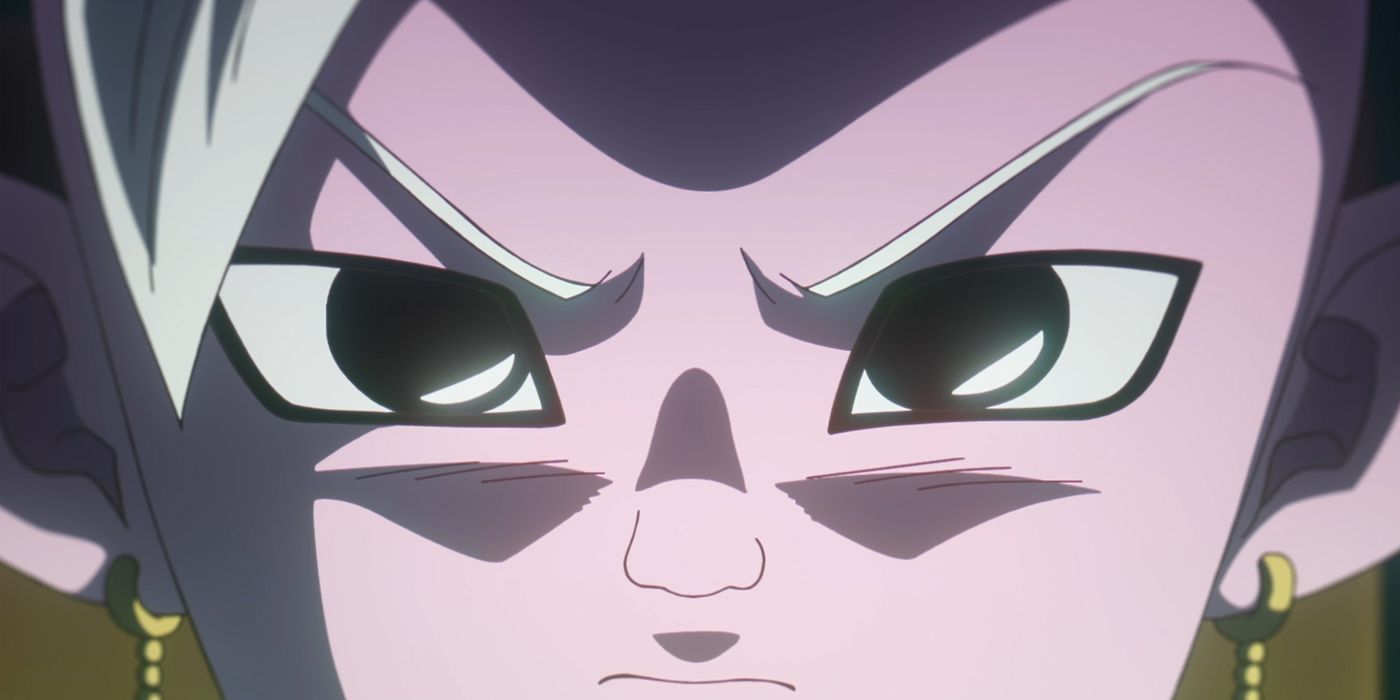
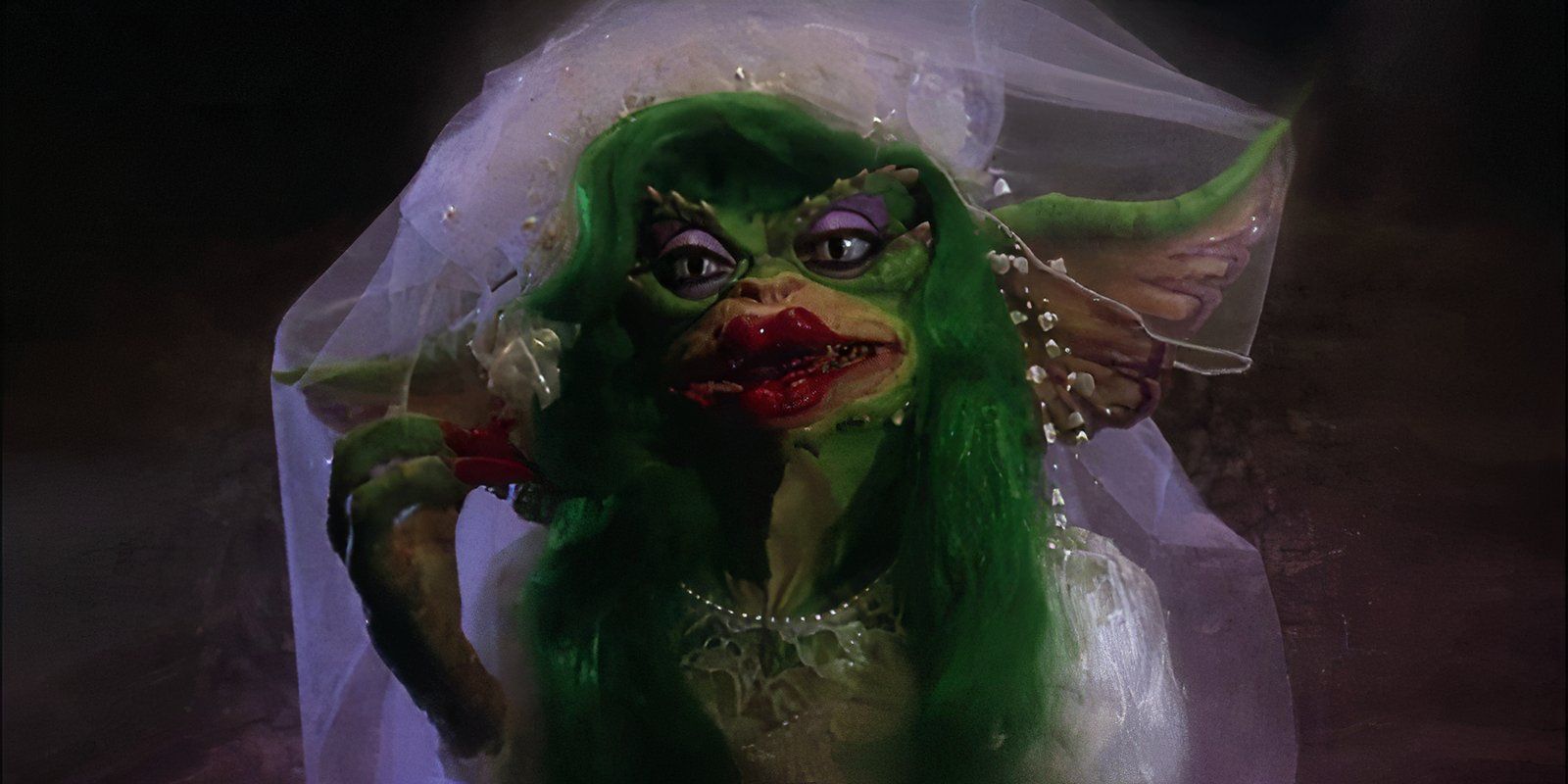
:quality(85):upscale()/2024/10/29/625/n/1922564/ec222ac66720ea653c5af3.84880814_.jpg)
:quality(85):upscale()/2021/07/06/971/n/1922153/7d765d9b60e4d6de38e888.19462749_.png)
:quality(85):upscale()/2024/10/29/957/n/1922441/c62aba6367215ab0493352.74567072_.jpg)

:quality(85):upscale()/2024/10/29/987/n/49351082/3e0e51c1672164bfe300c1.01385001_.jpg)
 English (US) ·
English (US) ·